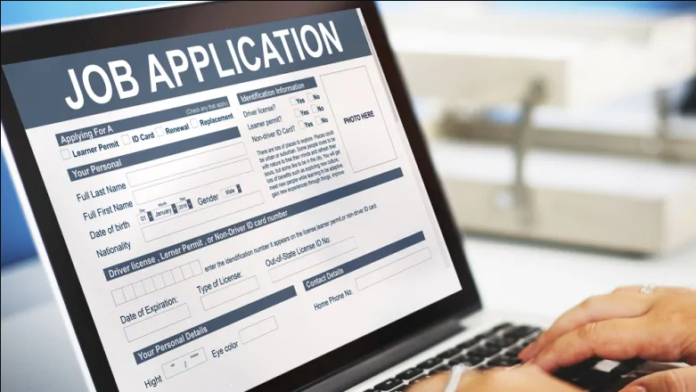If you are a graduate student who just graduated in the middle of the pandemic, you might be in a state of panic. What are your chances of a career success in the middle of the pandemic? But you don’t need to worry, as you are first to experience the dynamic changes in the workplace. After the pandemic is over, it’s highly unlikely the workplace will return to what it was before, which is why many people will need to adjust anyways.
Here are skills you will need to build up on:
Leadership
Some core competencies that never change includes leadership. These days, not only managers are required to possess leadership skills but graduate students as well. Leadership skills is not strictly about supervising or managing others but a lot more than that. It’s about communicating your strategy and vision while encouraging others and being able to receive feedback from colleagues and superiors. Being self-aware and holding yourself accountable is especially important during challenging times for these companies.
Flexibility and adaptability
Another trait that is still needed in the business world is flexibility and adaptability. As the pandemic looms, being flexible and adaptable is something we’ve all had to get used to over the last few months. But it’s something that employers will be paying more attention to now more than ever. One instance of adaptability that will stay with us is employees being able to work from home.
Although it is previously associated with geographic mobility, it is now correlated to being able to work well under pressure, adjusting to new and unexpected deadlines, prioritizing tasks and even taking on additional responsibilities.
Critical thinking
A research by the Society for Human Resource Management (SHRM) found that 37 percent of employers considered problem-solving and critical thinking among the top soft skills candidates lacked.
In this pandemic era where hoaxes and confusing data is appearing on a regular basis, it’s critical that you’re able to think clearly and rationally before making informed decisions. What’s more is that you might be doing this out of habit, without realizing it.
However, if you are not a naturally critical thinker, it can help to ask questions to know more information. Questions you can ask can include: “what’s happening?”, “why is this important?”, “who is being affected?”, “where did the information come from?”, “can I be sure about the source?”.
Tech savvy
As working remotely has grown to a large extent, business are becoming more and more desperate for their employees to have digital skills. In fact, 82 percent of job vacancies now require digital skills of for their prospective employees. With the incoming of the Fourth Industrial Revolution, investment is not just in technologies but in people who understand technology.
For those in the computer programming division, you don’t need to know every system or platform, but demonstrating a solid working knowledge of data literacy, computer programming, big data, the Cloud, artificial intelligence (AI), blockchain and more, will greatly help you with your career.
Communication and emotional intelligence
Not only skills and abilities, but soft skills like communication and emotional intelligence are some of the core competencies that are still needed, even in the world of digitized works.
Someone with good emotional intelligence is someone who is aware of, and demonstrate empathy for others’ emotions and behaviors especially when many people are currently feeling uneasy about their work. This is also where good communication skills come in, as we all start to work remotely and need these skills to convey clarity in emails and at virtual meetings to cement trust and retain high productivity levels.
Creativity and innovation
The recent technological advancements have wowed us with the abilities for humans to think creatively and out of the box. What is meant by creativity in the title is not on creative professions, but rather the ability of humans to adapt across every industry and sector. In the business sector for example, anyone aspiring to work in business will need to be able to tap into their creative mindset in order to steer a business through challenges and opportunities that it faces.
What do you think about this article? Share with us your opinion in the comments section below!





